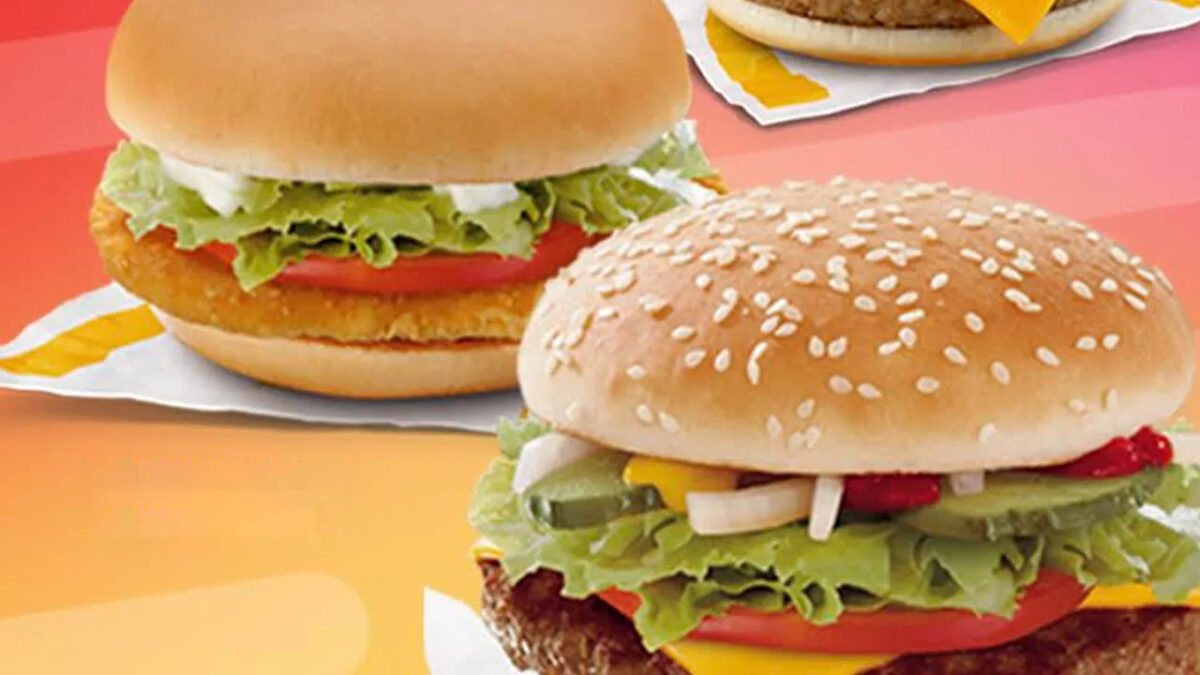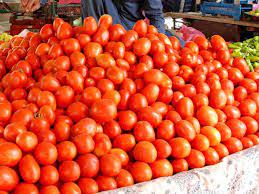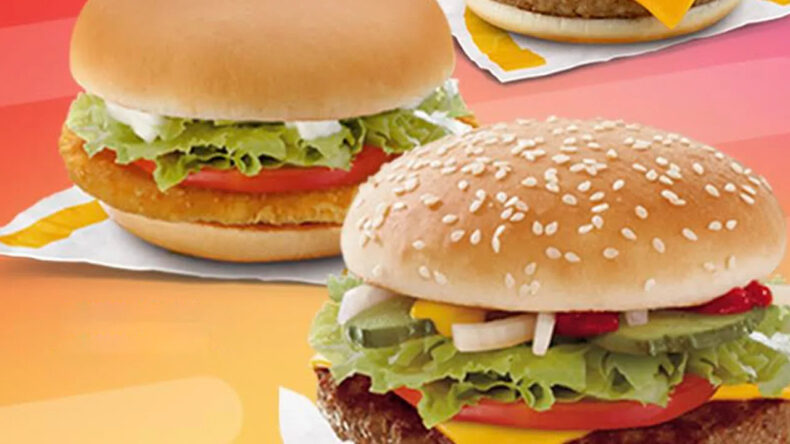Table of Contents
Amidst adverse weather conditions and soaring tomato prices in India, McDonald’s has made the decision to stop using tomatoes in food preparations at most of its locations across the country. Wholesale prices of tomatoes, a staple in traditional Indian cuisine, have surged by 288% in just a month, reaching a high of 140 rupees ($1.7) per kilogram. The retail prices are even higher, leading many people to reduce their consumption of tomatoes.
McDonald’s popular menu items in India, such as the Maharaja Mac Chicken burger, traditionally include slices of tomatoes. However, the global fast-food chain has cited severe monsoon rains and disruptions in tomato distribution as the main reasons behind the supply shortages. Notices posted in two McDonald’s stores in New Delhi state that the company is unable to acquire adequate quantities of tomatoes that meet their stringent quality checks, leading them to serve products without tomatoes. The duration of this issue has not been specified.

What the Restaurants Say
Connaught Plaza Restaurants, the franchisee responsible for approximately 150 McDonald’s outlets in India’s north and east, referred to the problem as “temporary” seasonal issues. On the other hand, Westlife Foodworld, the franchisee for the western and southern regions with 357 restaurants, claimed that there were no serious tomato-related problems. They stated that the shortage was seasonal and led to the temporary suspension of tomato usage in 10% to 15% of their stores.
The impact of the tomato shortage is felt not only by McDonald’s but also by the general public. Vegetable vendors across the country are witnessing a decrease in tomato purchases as consumers adjust to the skyrocketing prices. For instance, one vendor in Mumbai mentioned that he used to sell 40 kilograms (88 pounds) of tomatoes daily, but now he only brings five kilograms due to the reduced demand.
The Tomato Crisis

The rising tomato prices have forced some businesses and consumers to seek alternatives. Reports indicate that tomato prices have increased by a staggering 445%, surpassing the cost of petrol. The situation raises concerns about the state of Indian agriculture and the challenges faced by farmers. Not long ago, farmers resorted to throwing tomatoes on roads and fields, protesting against plummeting prices that left them burdened with deep debts. Onion prices have also doubled in some markets, and the overall price trend for various vegetables is alarmingly high, posing a risk of malnutrition for city dwellers, especially the economically disadvantaged.
While some off-season tomato farmers in Himachal Pradesh are currently benefiting from above-average returns, the ongoing heavy rains create uncertainty about the sustainability of this positive trend. The agricultural crisis highlights the significance of addressing supply chain and post-harvest losses to ensure food security in the country. The Indian government has recognized the structural issues and has been working on a freight subsidy scheme called the Tomato, Onion, and Potato (TOP) program. As part of Operation Greens, this program aims to establish efficient supply chains and reduce post-harvest losses by providing up to 50% subsidies for transportation and appropriate storage facilities for eligible crops.
In conclusion, McDonald’s decision to remove tomatoes from its menu in India due to the unprecedented rise in prices reflects the larger agricultural crisis in the country. The shortage of tomatoes, along with the escalating prices of other vegetables, highlights the urgent need to address supply chain inefficiencies and reduce post-harvest losses. The government’s TOP program is a step in the right direction to ensure a more resilient and secure food system for the nation, and majority of the Indian households now rely on this program’s success.













